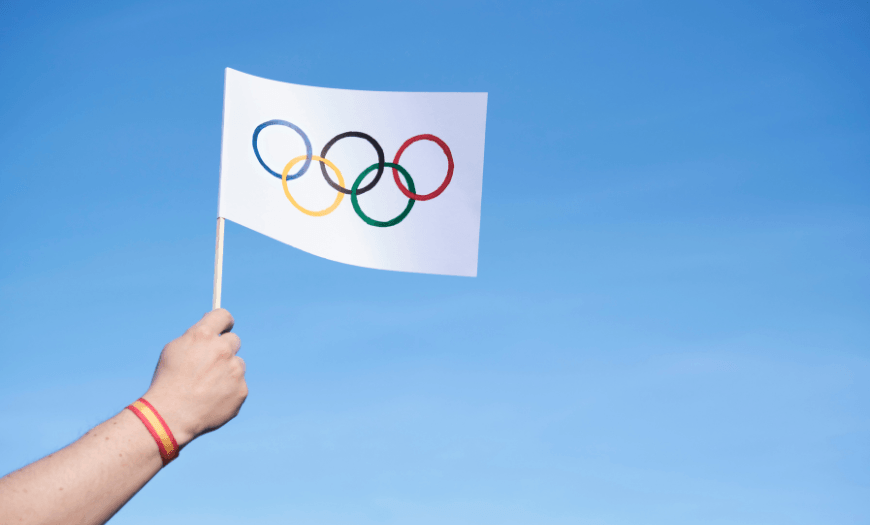The most sustainable Olympic Games ever
During July and August 2021, the Tokyo 2020 Olympic and Paralympic Games were held (postponed to the following year due to the pandemic).
Among the various world records and achievements, sustainability did not go unnoticed. The organization of the Olympics is increasingly concerned with environmental issues, and this year there were several initiatives, following the principle “Be better, together – For the planet and the people”.
One of the measures adopted was the podiums made from recycled plastic. Approximately 45 tons of plastic waste were transformed into raw material to produce the podiums designed by Japanese designer Asao Tokolo.
For its construction, the Japanese people donated the equivalent of 400,000 bottles through more than 2000 collection points spread across the country. These bottles were recycled and transformed to 3D print the 98 podiums that were used during the Olympics!

To reward the athletes who manage to reach the podium, 100% recyclable Olympic medals made from metals recovered from electronic waste were manufactured.
To produce the approximately 5000 medals for the Olympic Games, the event's production once again relied on donations of unused devices from the Japanese. Through equipment such as old mobile phones and computers, which were dismantled to reuse the precious metals - gold, silver, and bronze - inside them, it was possible to extract 32 kilograms of gold, 3,500 kilograms of silver, 2,200 kilograms of bronze and other metals.
In total, more than 6 million old mobile phones and over 78 tons of computers, tablets, monitors, and other old or damaged devices were collected.
Each medal weighs approximately half a kilo, but the composition of each varies. The gold ones are made with 550 grams of silver covered by 6 grams of gold, both recycled, of course. The silver ones are produced with 550 grams of the material itself, and the bronze ones are 450 grams of red bronze.

The remaining sustainable initiatives include bed platforms made of cardboard, almost all electric transport vehicles in the Olympic village, infrastructures built from recycled wood, electricity supplied from renewable energies, and the Olympic torch made of recycled aluminum.
This was undoubtedly the most sustainable Olympic edition in history! Will this be an example to follow in the next Olympic Games, in 2024?
Maria do Mar Sousa, 8/08/2021



Share this article:
Which is the best cloud?
Windows 11: The problems have already started